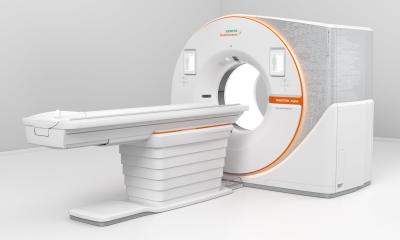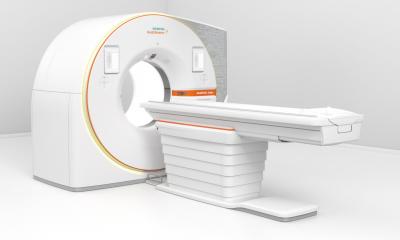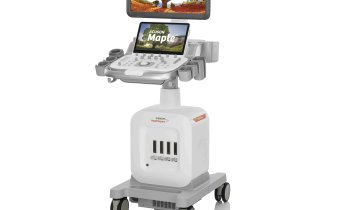Siemens describes its new and advanced technology at AACC 2011
The health of the laboratory/ clinician relationship has always served as a good indicator of the overall quality of a given healthcare network. Historically, labs focused ‘heads down’ on delivering excellent test results, but today appear to be expanding their horizons to partner with clinicians for better patient care.

And, for their part, clinicians expect more from laboratories now than five, 10 or even 15 years ago, because patient and testing volumes are ever increasing and diagnostic testing has to meet clinicians’ needs for faster, more accurate and error-free analytical results on a daily basis. To meet these rising expectations, laboratories are automating and rely on diagnostics IT and data management.
Because hospital-owned laboratories and their clinician counterparts share so many of the same needs (e.g. reducing costs through improved workflow, delivering quality, error-free results, establishing evidence-based protocols, and migrating to integrated datasharing platforms), how then are automation and diagnostics IT giving labs the power to establish a path for improved turn around time, results quality and enhanced value to clinicians?
During a Panel Discussion held by Siemens Healthcare Diagnostics at the 2011 AACC and ASCLS Annual Meetings and Clinical Lab Expo, Dave Hickey, CEO of the firm’s Chemistry,Immunoassay, Automation and Diagnostics IT Business Unit, moderated panellists from the Swedish Covenant Hospital in Chicago, IL: Susan Dawson, Clinical Laboratory Manager, and Dr Derek Kelly, VP Medical Management of CMO, CMIO.
As Dr Hickey explained, the IT portion of this equation helps ensure faster results delivery and better quality testing through data management, process management, patient identification, and laboratory information system (LIS) platforms. To help illustrate this he pointed to several existing Siemens solutions, including the new syngo Lab Data Manager that connects multiple analysers to a single interface, contributing towards decreased turn around time (TAT) and ultimately, faster diagnosis by clinicians.
Dr Hickey also highlighted Siemens’ Patient Identification Check (PIK) solution as an example of where IT can promote data transparency, primary tube sampling and trace-ability, equalling error reductions and therefore, increased quality. Automation, then, helps laboratories realise efficiency without sacrificing quality. By helping to manage peak load times, results are completed on time and turnaround time goals are met. Plus, process efficiency reduces the number of tubes and labour steps for sample processing, thereby improving cost performance. And because advanced automation solutions also provide access to expansive test menus for screening, diagnosis, prognosis, andmonitoring of disease, the disease diagnosis process becomes exponentially consolidated.
But not everything is about improved turn around time and cost efficiency. Labs are also increasingly involved in patient care decisions. At Swedish Covenant Hospital, the laboratory has not only steadily implemented IT and automation solutions into their workflow over the past 10 years,but also continuously seeks additional ways to partners with clinicians for better patient care. Because IT and automation has helped free the lab to focus on critical results, patient care and clinician collaboration, Swedish Covenant’s clinician community has come to rely on Susan Dawson’s team of laboratorians for help in ordering the right tests as well as reviewing and interpreting test results. ‘At the ICU, we are highly dependent on the lab and typically we need everything stat,’ says Dr Derek Kelly. ‘Workingn closely with the lab and ensuring it knows how their work impacts patient care directly is very important.’
Long term, laboratorians and clinicians have a combined future as the increasing dialogue plays a role in an improved patient treatment path. This elevates quality of patient results, shares cost reduction and bolsters hospital competiveness
01.09.2011
- automation (208)
- data management (587)
- laboratory (1111)
- markets (545)
- medical technology (1554)
- monitoring (376)
- workflow (495)











